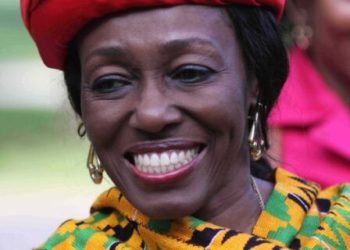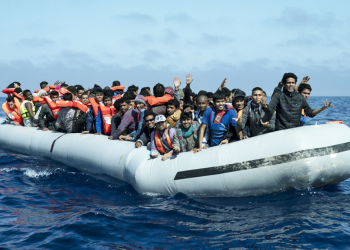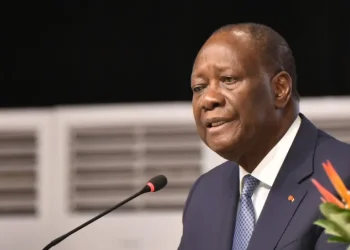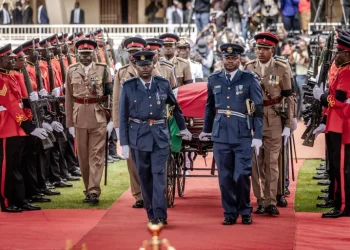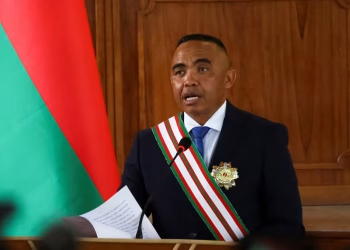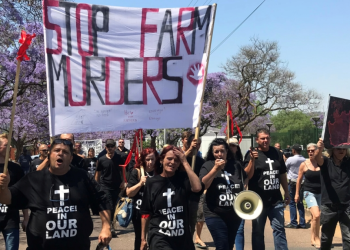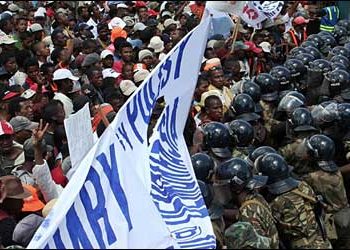Kizza Besigye bail was denied on Friday by a Ugandan judge, keeping the veteran opposition leader in custody for nearly nine months on treason charges. The decision has alarmed government critics, including Bobi Wine and rights groups, who see it as part of a wider crackdown before Uganda’s national election early next year. President Yoweri Museveni, now 80, is seeking re-election, raising political tensions across the country. The government rejects claims of targeting opponents, insisting that all detained individuals face legitimate criminal charges.
Besigye, once a close ally and personal physician of Museveni, has challenged him in four presidential elections without success. He has not revealed if he will run again. Authorities returned him from Kenya in November last year. They first charged him in a military tribunal before moving the case to a civilian court. Besigye has consistently denied all wrongdoing.
His lawyers argued for automatic release on bail, citing his detention for more than 180 days without trial. Judge Emmanuel Baguma ruled against him, saying the 180-day period began on February 21, when he was remanded in the civilian court. According to the judge, Besigye falls short by 12 days to qualify for mandatory bail.
The ruling has sparked debate in legal and political circles. Critics say it shows selective use of justice. Rights groups warn that extended detention without trial erodes public trust in the judiciary. Opposition leaders claim the move is aimed at weakening political rivals before elections.
With the 2026 election approaching, Besigye’s continued detention will likely remain a focal point in Uganda’s politics. His role as a symbol of resistance against Museveni’s long rule ensures his case will carry significant weight. The outcome could influence voter sentiment and opposition mobilisation.
If he had secured bail, Besigye would have likely energised the opposition and drawn large crowds. Instead, his supporters must keep pushing for his release under tight restrictions. The government insists the case reflects legal principles, not political motives. Still, detaining a top opposition figure so close to an election will attract scrutiny at home and abroad.
As the case proceeds, the Kizza Besigye bail denial adds another layer of tension to Uganda’s already charged political climate. Both sides now prepare for a legal contest that could shape the country’s political freedoms.
READ: Kizza Besigye Court Walkout Sparks Legal Controversy in Uganda


